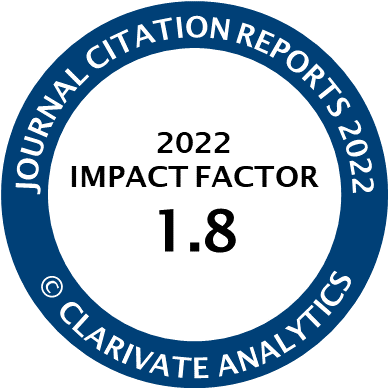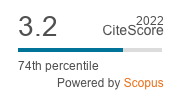Article | Open Access
Post-Fordist Production and Urban Industrial Land Use Patterns
| Views: | 1771 | | | Downloads: | 1944 |
Abstract: Economic restructuring of the 21st century is changing the production methods and location requirements of most industries. Mass production on the outskirts of cities, as was common in 20th century Fordism, is largely being replaced by an economic model characterised by a multitude of networked small and medium-sized production sites as well as logistics facilities. In this article, we want to examine if this also creates the opportunity to combine some of the smaller industrial areas with the city as a whole and to initiate a transformation of these areas in favour of redensification and mixed use. Examining the case of Kassel, Germany, we take a closer look at the transformation processes from Fordism to post-Fordism and the possibilities for a smarter land use. In this largely industrially shaped region, younger companies such as the solar panel producer SMA are using new approaches in terms of urban planning and land use by building their low emission-factories on greyfields in an urban environment rather than on suburban greenfields. In our article, we survey selected industrial areas in Kassel and discuss their recent change as part of a broader development from Fordism to post-Fordism. Firstly, the study contains a theoretical discussion of commercial and industrial land-use patterns in both socio-economic models. Subsequently, an on-site analysis is carried out to determine the extent to which both economic models have influenced the use and shape of industrial areas in Kassel. Based on this analysis, we finally show criteria for how urban planning can help to ensure that this change is combined with an improvement in the spatial and design quality of the industrial areas and is meaningfully integrated into the sustainable development of the city region.
Keywords: economic structural change; industrial area; knowledge economy; post-Fordism; productive city; urban manufacturing
Published:
© Frank Roost, Elisabeth Jeckel. This is an open access article distributed under the terms of the Creative Commons Attribution 4.0 license (http://creativecommons.org/licenses/by/4.0), which permits any use, distribution, and reproduction of the work without further permission provided the original author(s) and source are credited.




